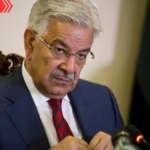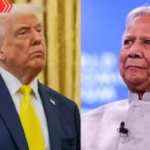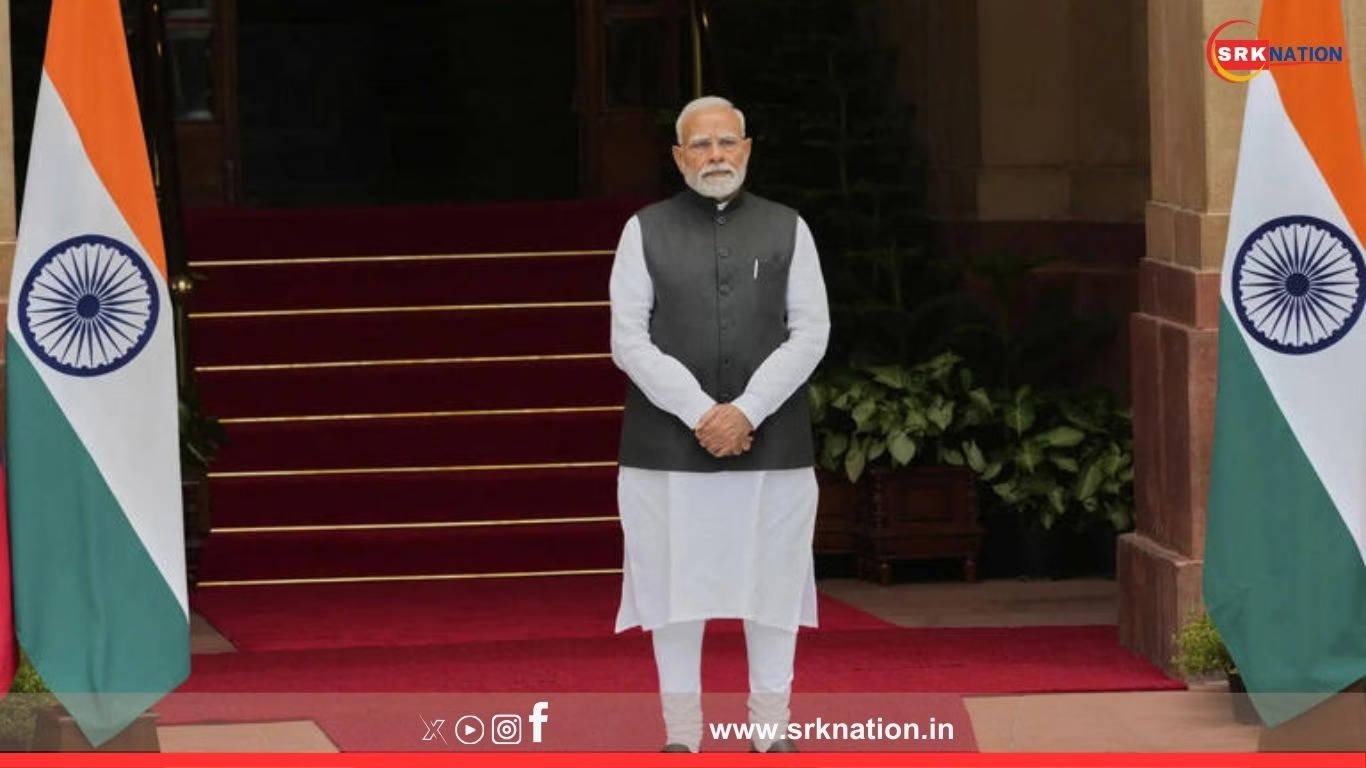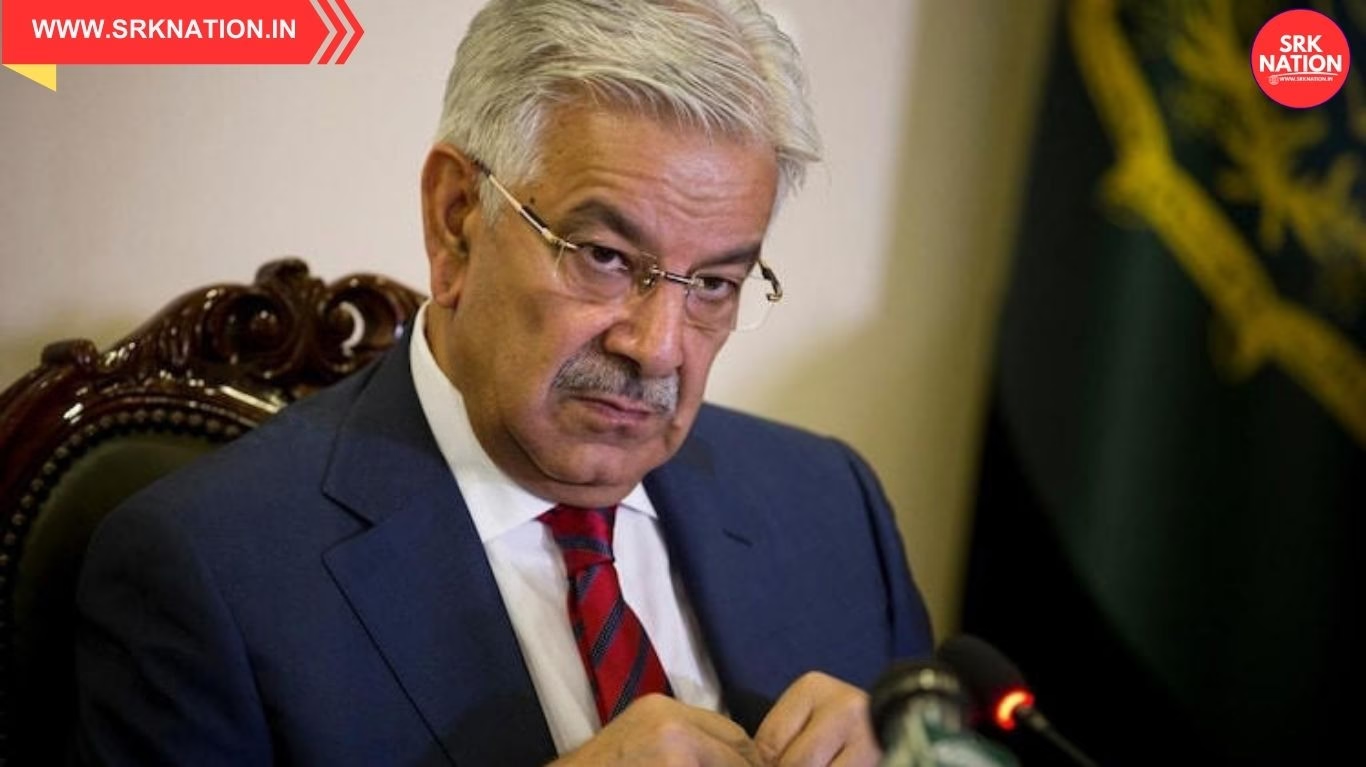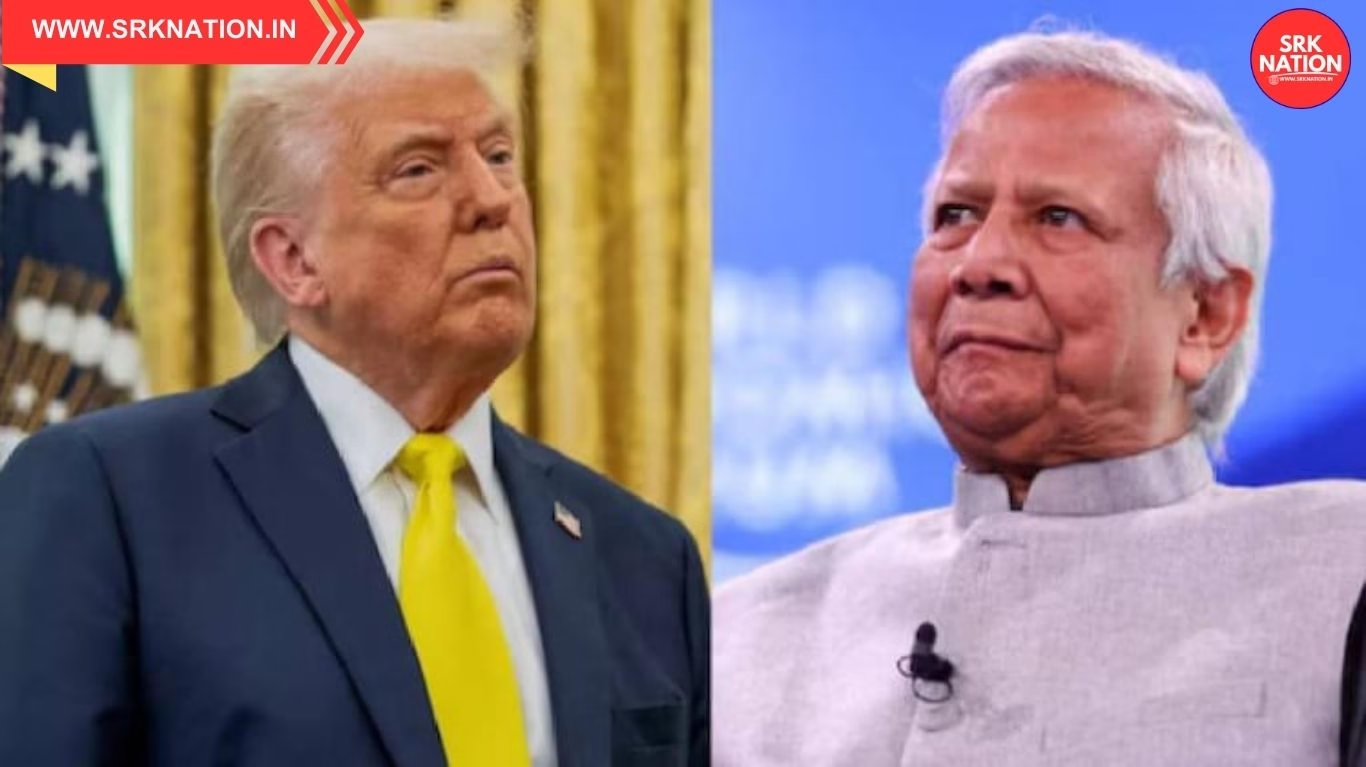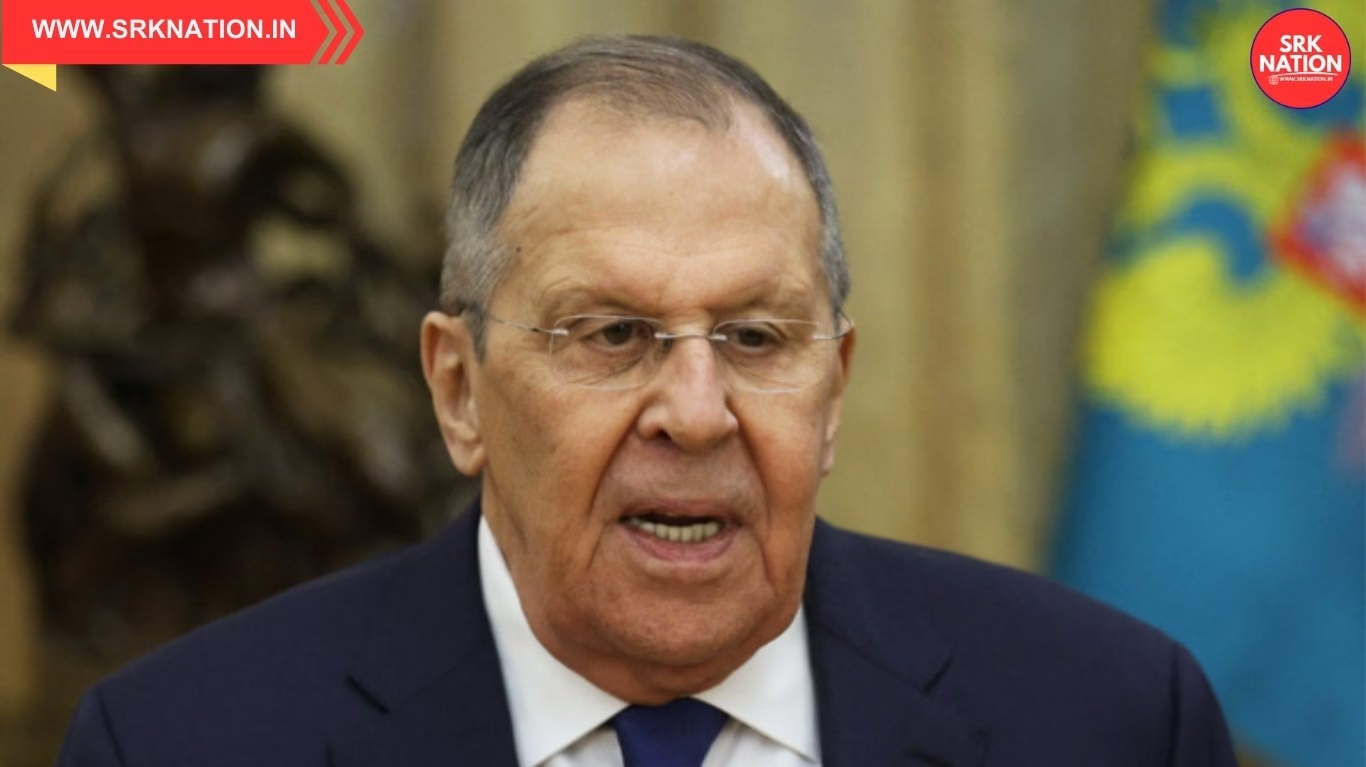In a powerful statement that has resonated across diplomatic circles, a former senior Pentagon official has asserted that Prime Minister Narendra Modi’s firm stance on safeguarding India’s national interests is a lesson the United States will not forget anytime soon. The remark, which underscores India’s growing strategic weight on the global stage, comes amid ongoing US-India policy frictions over trade, defence procurement, and foreign policy alignment.
The former Pentagon insider, speaking during a televised interview on global strategic affairs, remarked:
“You can’t kick India around. It’s a sovereign giant with its own ambitions and vision. If Prime Minister Modi continues standing his ground, it will teach the US a true lesson in respecting equal partners.”
Context: Growing India-US Strategic Engagement, But with Friction
The US and India have deepened their strategic, defence, and technology partnerships in recent years, particularly through initiatives like the Quadrilateral Security Dialogue (Quad) and joint military exercises. However, differences remain in areas such as:
- Trade tariffs and market access
- India’s independent foreign policy stance, especially regarding Russia
- Defence procurement choices, including deals with non-US suppliers
- Data privacy and digital sovereignty policies
These differences, while not derailing the partnership, highlight India’s insistence on maintaining strategic autonomy.
The Message from the Former Pentagon Official
According to the ex-official, Washington has historically expected certain concessions from partners in exchange for military and economic support. India, however, is challenging that expectation by pursuing a multi-aligned foreign policy.
Key points from the statement:
- Sovereign Equality Matters – India is not a junior partner; it’s an equal stakeholder in global decision-making.
- Strategic Patience – PM Modi’s refusal to bow to external pressure demonstrates political maturity.
- Respect Earned Through Resolve – Standing firm on critical issues enhances India’s credibility with allies and rivals alike.
Examples of India’s Independent Stance
Over the last few years, New Delhi has made several decisions that reflect its prioritisation of national interests over geopolitical pressure:
| Issue | India’s Decision | US Reaction |
|---|---|---|
| Russian Oil Imports | Increased purchases despite Western sanctions | US expressed concern but did not impose penalties |
| Defence Procurement | Acquisition of S-400 missile systems from Russia | US considered sanctions but later avoided escalation |
| Trade Negotiations | Refusal to join certain US-led trade frameworks | Pushed for more balanced market access |
| Tech & Data Policy | Advocated strict data localisation | US tech companies lobbied against restrictions |
Why This Matters for US-India Relations
India’s position is sending a broader message: it is willing to cooperate with the US, but not at the cost of compromising sovereignty. This approach has forced Washington to recalibrate its expectations, treating India as an independent pole in global politics rather than a subordinate ally.
India’s Leverage in Global Affairs
The former Pentagon official highlighted that India’s leverage stems from:
- Economic Scale – As the world’s fifth-largest economy and fastest-growing major market.
- Military Strength – One of the world’s largest armed forces with growing indigenous capabilities.
- Geopolitical Location – A key player in the Indo-Pacific strategy countering China’s rise.
- Diplomatic Neutrality – Ability to talk to rival blocs like the US, Russia, and China simultaneously.
Lessons for Washington
Analysts say the remark “Can’t kick India” is symbolic of a wider shift in US foreign policy thinking. Washington may have to accept that:
- India will not automatically align with every US foreign policy position.
- Strategic partnerships must be based on mutual respect and benefit, not dependency.
- Applying public pressure on India often backfires, strengthening domestic resolve.
How PM Modi’s Approach Resonates Domestically
Within India, the Prime Minister’s no-compromise approach has strong domestic appeal. It is often framed as part of a new, assertive India that:
- Engages globally on equal terms
- Refuses to be dictated to by major powers
- Balances ties between multiple power blocs
This assertiveness aligns with India’s historical tradition of non-alignment, now evolved into what analysts call “multi-alignment” — maintaining strong relationships with diverse global powers simultaneously.
Potential Areas of Continued Tension
While mutual respect is growing, some contentious issues could still test the resilience of the relationship:
- Defence Industry Partnerships: US pushing for more purchases from American manufacturers.
- Technology & Trade Barriers: India’s push for data sovereignty and tariffs.
- Geopolitical Expectations: US desire for stronger alignment on China and Ukraine.
If managed poorly, these could lead to policy stand-offs. If handled well, they could result in win-win compromises.
Comparative Overview of Major US Strategic Partners in Asia
| Country | Strategic Alignment with US | Independence in Policy | Defence Procurement Sources |
|---|---|---|---|
| Japan | High | Limited | US-dominated |
| South Korea | High | Moderate | US + Indigenous |
| Philippines | Moderate | Limited | US-heavy |
| India | Moderate-High | High | Multi-source (Russia, France, US, Indigenous) |
Broader Impact on Global Power Dynamics
If the US accepts and adapts to India’s sovereign stance, it could set a new model for equal-power partnerships — something many nations in the Global South are watching closely. It would also send a message to China and Russia that the US can build durable alliances without enforcing dominance.
However, if the US misreads India’s position as resistance rather than partnership, it could lead to missed strategic opportunities in the Indo-Pacific.
Conclusion
The ex-Pentagon official’s statement that “Can’t kick India” reflects more than just admiration for Prime Minister Modi’s political resolve. It highlights a fundamental shift in the India-US equation, where mutual respect and sovereign equality are becoming the foundation for future cooperation.
For Washington, the lesson is clear — India will walk alongside, but never behind. And for New Delhi, this moment underscores its position as a decisive voice in global affairs.
Disclaimer: This article is based on public statements, defence policy analyses, and geopolitical trends. It does not represent any official endorsement of political viewpoints and is intended for informational purposes only.



